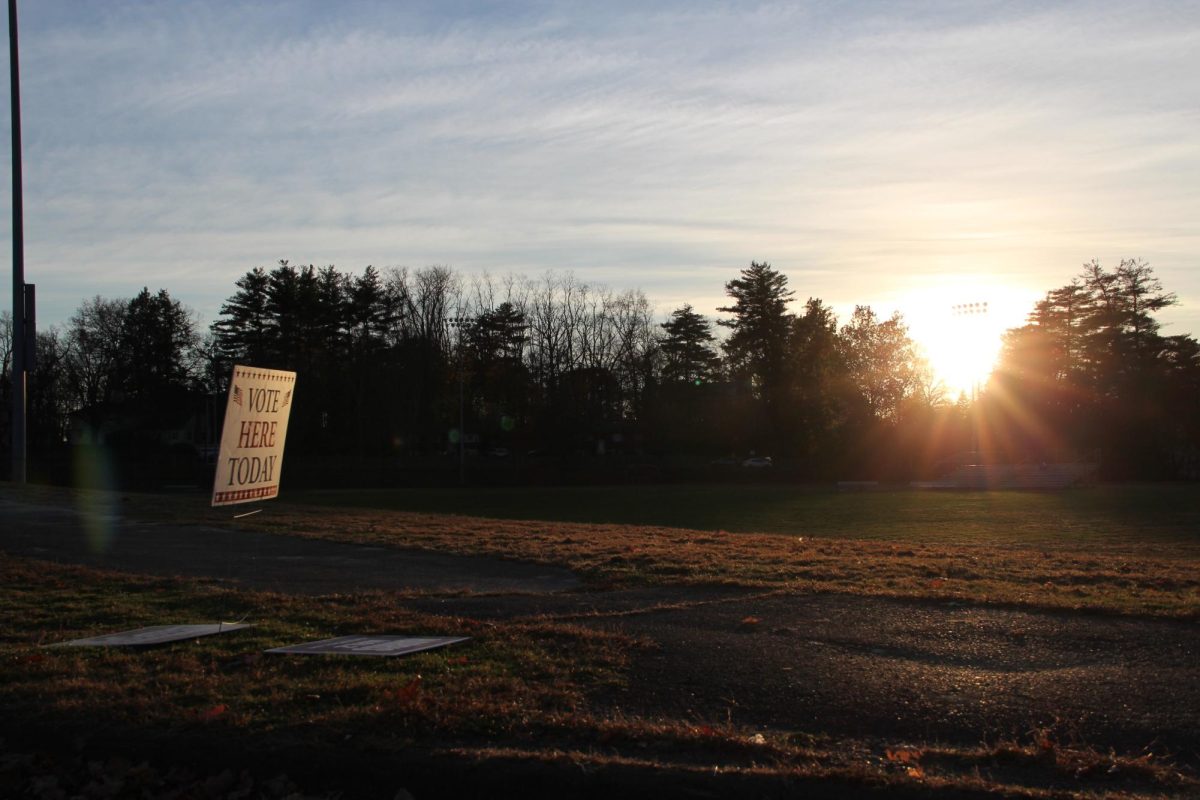
Described as a man who marched to the beat of his own drum, author, activist, scholar and folk singer Julius Lester passed away at age 78 on Thursday, Jan. 18.
As a professor at the University of Massachusetts, Lester first began in the African-American Studies department in 1971. However, after criticizing famous Black author James Baldwin for his anti-Semitic statements, Lester was removed from the department, according to the New York Times. He continued to teach in the English, history and Judaic and Near Eastern Studies departments until he retired in 2003.
Lester rose to prominence during the Civil Rights movement, first as a photographer in Mississippi for the Student Nonviolent Coordinating Committee, according to a MassLive article from 2009.
However, Lester was a controversial figure within the Black community. As a Jew, (Lester converted to Judaism years after discovering his German-Jewish heritage) he was deemed anti-Black for denouncing anti-Semitic statements made by famous Black figures, such as the novelist James Baldwin. This resulted in Lester’s removal from the Afro-Am department. Yet, as a Black man, Lester also confronted the racism toward Black people by the Jewish community. According to his obituary in the New York Times, Lester faced great backlash for allowing the reading of an anti-Semitic poem on the radio show he hosted through the 1960s and into the mid-1970s.
In a 1992 interview with The Los Angeles Times, Lester reflected on “the pain of a Jew when confronted with black anti-Semitism and the pain of a black when confronted with Jewish racism.”
The effect of Lester’s controversy-causing identity can be seen in his 40 published children and adult books, most notably “Look Out, Whitey! Black Power’s Gon’ Get Your Mama” (1968) and his two-volume autobiography “All is Well” (1976) and “Lovesong: Becoming a Jew” (1988).
Ralph Melnick, a professor in the Judaic and Near Eastern Studies department, knew Lester both within and beyond the UMass sphere. Both served on the board of B’nai Israel synagogue of Northampton.
Melnick remembered Lester as a man who was “not shy about ruffling people’s minds [and] emotions.”
“He wanted people to rethink their beliefs,” Melnick continued.
Fifteen years ago, Daniella Silver was a student of Lester’s. From her time in Lester’s class, one statement in particular stood out to her.
He once said, “Each person sitting in my class represents a story. How can I be a good teacher if I don’t know their story, because their stories will determine how they will hear me and what, if anything, they will learn?
“It’s important we tell our stories and we listen to those that came before us,” Silver said. “To know who we are and where we are going, we need to know where we came from.”
Lester’s teachings transcended his class to Silver’s own teaching philosophy.
“When I taught both English literature and Bible, I became passionate about pushing my students to look through the lens,” Silver said.
Through his outspokenness on the radio, in literature and in the classroom, Lester left a legacy of authenticity.
“Every time I would talk to [Lester], I saw and felt [his] heart truly listening to me,” Silver said.
According to Melnick, “there seemed to be a real soul there in everything he did.”
“What you saw was who he was.”
Lester is survived by his wife, Milan Sabatini, three daughters, Jodie Lester, Elena Ritter and Lian Amaris and two sons Malcolm Lester and David Lester.
Rebecca Duke Wiesenberg can be reached at [email protected].



















